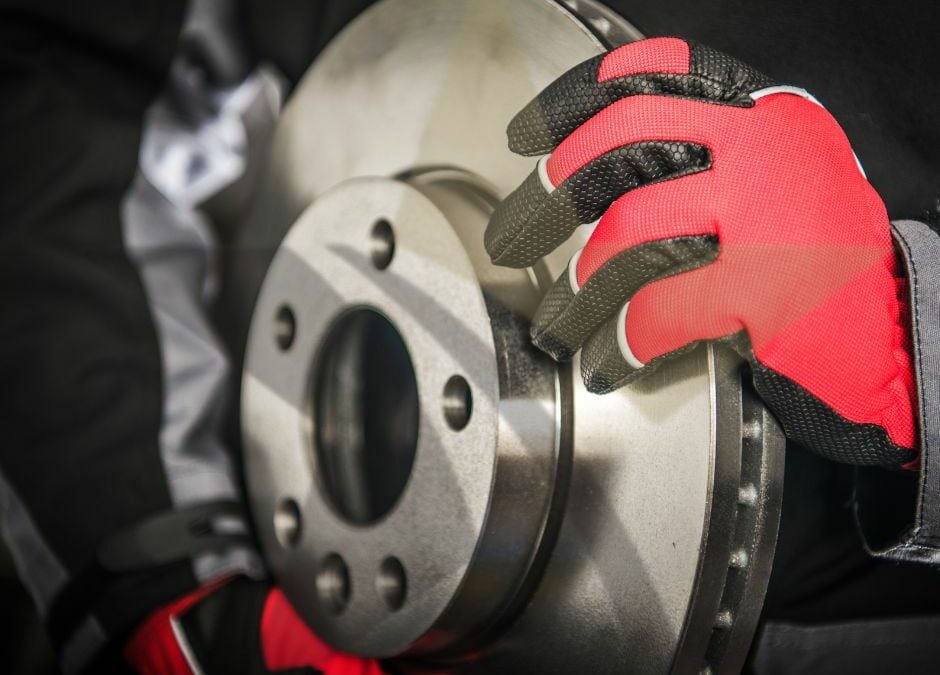Table of Contents
Ensuring the safety and performance of your RV begins with a well-maintained braking system. Properly functioning brakes are crucial for controlling and stopping your vehicle, especially when towing heavy loads. Neglecting brake maintenance can lead to decreased braking efficiency, increased wear, and potentially dangerous driving conditions. In this blog, we will delve into essential tips and tricks for extending the life of your RV brakes. From inspecting and maintaining brake pads to checking fluid levels and addressing common issues, these practices will help you keep your brakes in optimal condition, ensuring safe and reliable performance on every journey.
Inspecting and Maintaining Brake Pads for RV Repairs
Regularly inspecting your RV’s brake pads is crucial for extending their lifespan and maintaining optimal braking performance. Begin by checking the thickness of the brake pads; if they are less than 1/4 inch thick, it’s time for a replacement. Uneven wear or scoring on the pads can indicate alignment or suspension issues that need addressing. Ensure the brake pads are clean and free from dust and debris, which can accelerate wear. Proper alignment of the brake pads is also essential—misaligned pads can cause uneven wear and decreased braking efficiency. By routinely inspecting and maintaining your brake pads, you help ensure consistent braking power and avoid more costly RV repairs down the line.
Checking and Maintaining Brake Fluid Levels for Effective RV Repairs
Maintaining the correct brake fluid level is vital for safe and effective braking in your RV. Start by regularly checking the brake fluid level in the master cylinder reservoir. If the fluid level is low, top it up with the type of brake fluid specified by your RV’s manufacturer. Brake fluid can absorb moisture over time, which reduces its effectiveness and can lead to brake system corrosion. It’s important to replace brake fluid periodically—typically every 2-3 years or as recommended by the manufacturer. Additionally, ensure the brake system is free from air bubbles by bleeding the brakes as needed. This process removes trapped air that can lead to spongy brakes and reduced performance, potentially requiring more extensive RV repairs.
Addressing Common Brake Issues in RV Repairs
Being aware of and addressing common brake issues can prevent more serious problems in your RV. Listen for unusual sounds such as squeaking or grinding, which often indicate worn brake pads or damaged rotors. If you experience pulling to one side while braking, it may be a sign of uneven pad wear or issues with the brake calipers. Regularly inspect the brake lines for leaks and ensure all components are functioning correctly. If you notice persistent issues or are unsure how to resolve them, seeking professional help is advisable. A trained technician can perform a thorough diagnostic and make necessary repairs to ensure your RV brakes are functioning safely and efficiently.
Regular maintenance of your RV brakes is essential for ensuring both safety and longevity. By routinely inspecting brake pads, monitoring brake fluid levels, and addressing common brake issues, you can significantly extend the life of your braking system and prevent costly RV repairs. Remember, a well-maintained brake system not only enhances your safety on the road but also contributes to the overall performance of your RV. For those seeking professional assistance or a comprehensive brake inspection, don’t hesitate to reach out to our service department. Keep your RV brakes in top shape and enjoy peace of mind on every trip.

